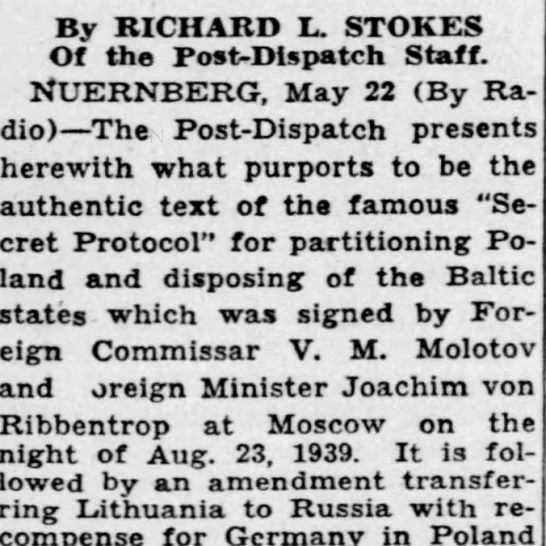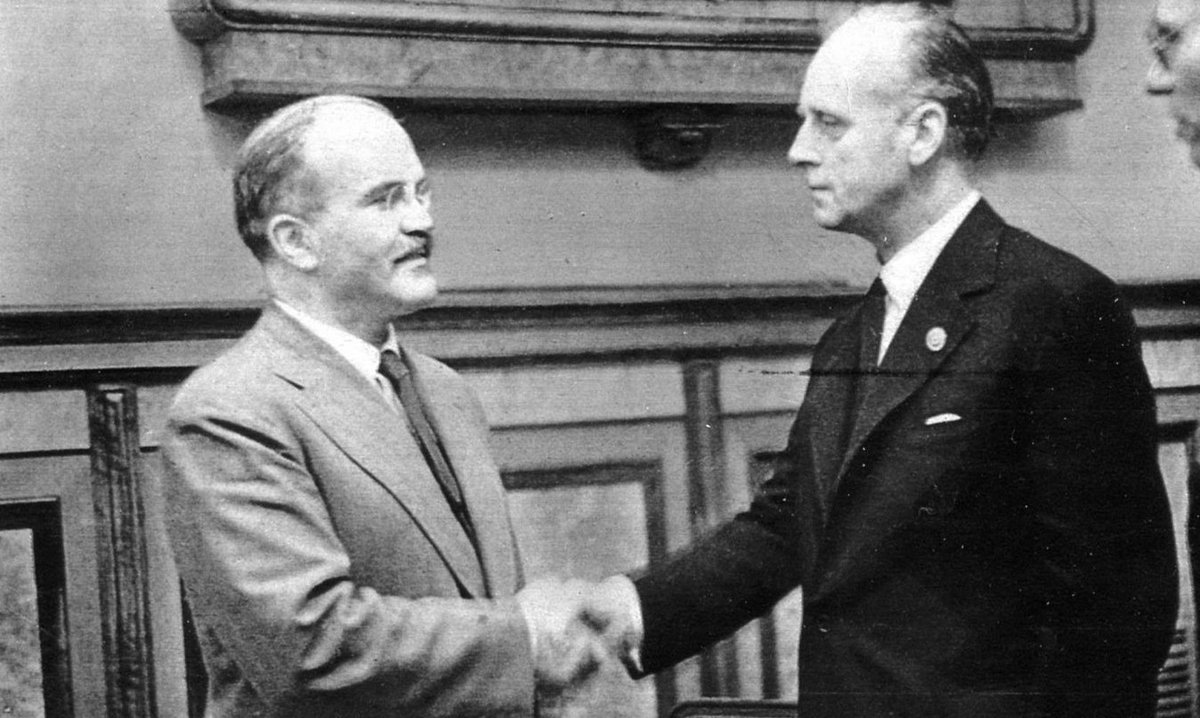
Crimes against humanity as defined in the #Nuremberg Principles of 1946
"Atrocities and offenses, including but not limited to murder, extermination, deportation, imprisonment, torture, rape, or other inhumane acts committed against any civilian population…”
"Atrocities and offenses, including but not limited to murder, extermination, deportation, imprisonment, torture, rape, or other inhumane acts committed against any civilian population…”
Russia hasn't broken "western" rules of law. It has violated universal principles.
These were principles that the jurists and diplomats in the Russian Empire and in the Soviet Union had once had a major role in formulating.
These were principles that the jurists and diplomats in the Russian Empire and in the Soviet Union had once had a major role in formulating.
• • •
Missing some Tweet in this thread? You can try to
force a refresh







